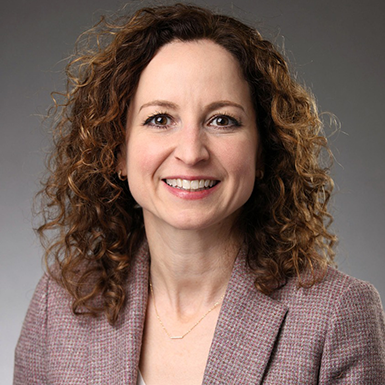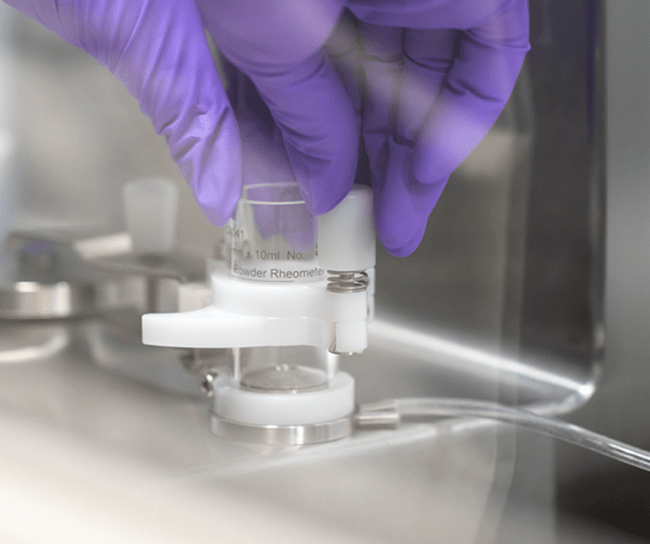How Merck scientists are driving next-generation cancer research
Our scientists are accelerating research by looking to improve anti-tumor immune response, targeting specific cancer cells and helping inhibit cancer growth
March 29, 2024

In recent decades, our improved understanding of cancer has illuminated that we cannot treat all cancers as one disease — scientists have classified hundreds of types and found a myriad of genetic drivers underlying them. This means, just as cancer isn’t one disease, there cannot be just one way to treat all cancers.

“We’ve witnessed dramatic progress in how we treat a wide range of cancers, and our work at Merck has been foundational in how we treat metastatic disease, or cancer that has spread.”
- Dr. Jane Healy
Vice president and head of oncology early development, Merck Research Laboratories
“This is just the tip of the iceberg. These advancements are helping to fuel the next generation of discoveries and drive progress in the way we care for people with all stages of cancer. We must push research forward that supports early discoveries and novel innovations to advance the future of cancer research,” Healy said.
Driving research toward treating certain cancers earlier
With the ultimate goal of providing patients with the greatest chance for survival, our researchers are building a broad clinical development program focused on treating certain cancers at earlier stages.
“Expanding our research efforts into earlier stages of disease remains a top priority,” said Healy. “We’re pursuing research where we have the greatest potential to make a significant impact in helping reduce the risk of recurrence and improving survival.”
A robust pipeline of diverse approaches to advanced and earlier stages of cancer
In addition to driving research in earlier stages of cancer, Healy and her colleagues are investigating multiple mechanisms and modalities that may have the potential to address cancer in innovative ways. Through our own research and external collaborations, we’ve developed a robust pipeline that encompasses diverse approaches to treating advanced and earlier stages of cancer across more than 20 novel mechanisms, including:
- Boosting anti-tumor immune responses: Learnings from recent advancements in cancer care have informed a more focused approach to research. Now, we’re investigating foundational cancer treatments combined with negative immune regulators that play different roles in adjusting the immune response.
We’re also exploring individualized neoantigen therapies, a growing area of research focused on sharpening the immune response against a person’s own tumor by developing a therapy unique to their tumor’s mutation.
- Tissue-specific targeting of chemotherapy to increase cancer cell sensitivity to immune responses: While chemotherapy remains an important treatment option, our scientists are exploring how antibody-drug conjugates (ADCs), with novel chemotherapy-like payloads, can be used as a more targeted approach to deliver chemotherapy.
Similarly, we’re pursuing research that enhances the ability of T cells to recognize and attack tumors.
- Impacting pathways that can drive cancer growth: We’ve identified opportunities for the direct targeting of cancer cell vulnerabilities and transcription factors that were previously considered untreatable. By designing therapeutic candidates that inhibit or degrade proteins and genes implicated in cancer pathways, we’re evaluating new ways to help address rare and difficult-to-treat cancers that currently have limited treatment options.
"We're committed to investing in novel research where scientific opportunity and medical need converge. "
— Jane Healy
“These key areas of research are the cornerstones of our broad and diverse pipeline, with more than 2,250 ongoing clinical trials, which include more than 1,600 trials evaluating combination regimens. We remain dedicated to discovering new ways to fight this disease and optimizing existing approaches — all while continuing to lead in supporting the next generation of cancer research,” said Healy.
